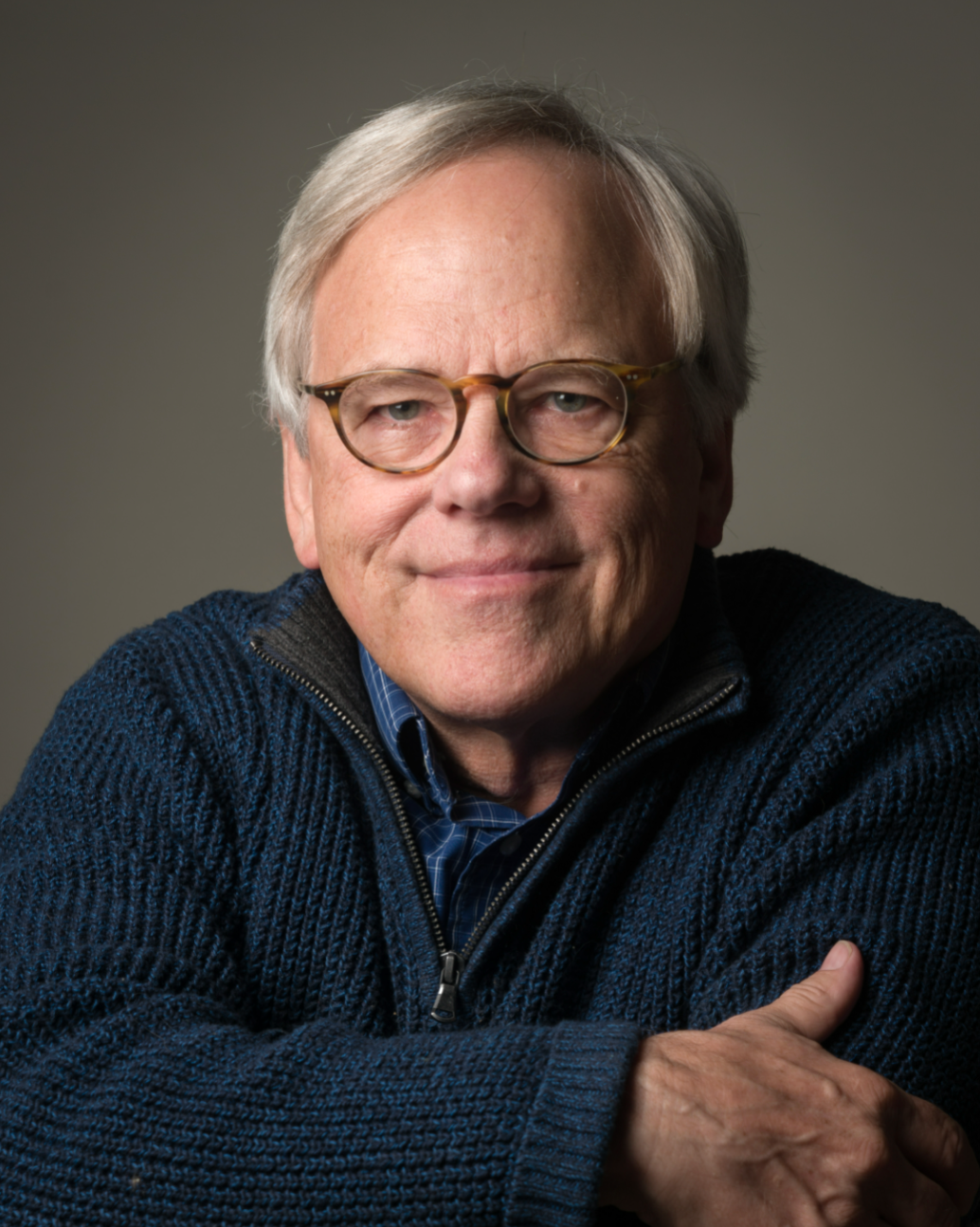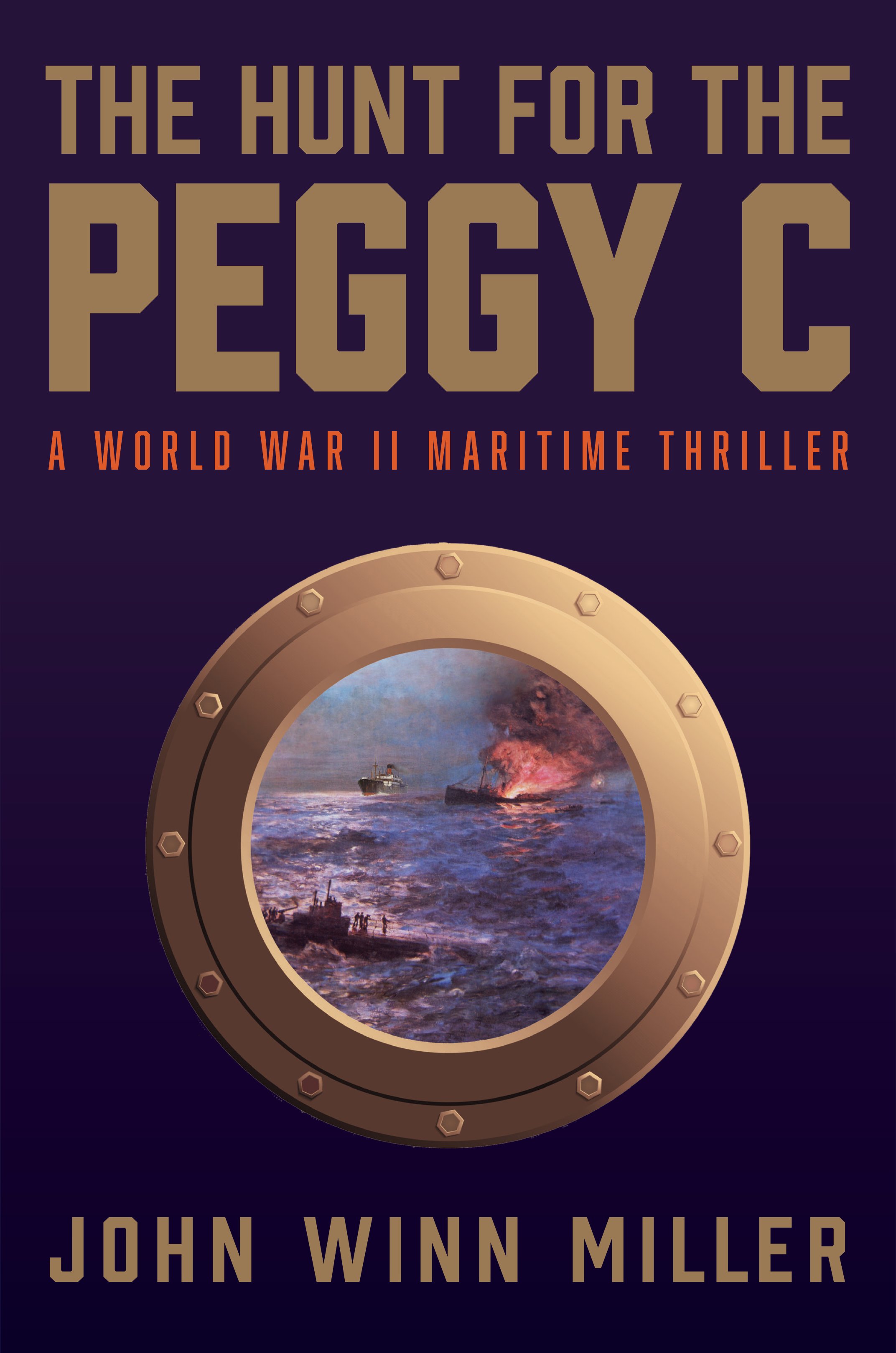Interview date: 31 May 2023
John Winn Miller is an award-winning investigative reporter, foreign correspondent, newspaper editor and publisher, screenwriter, movie producer, and novelist.
As a reporter at the Lexington (KY) Herald-Leader, Miller was part of a team of reporters that wrote a series that helped trigger educational reform in Kentucky. It was a Pulitzer Prize finalist and won the Society of Professional Journalists’1990 public service award, top honors from Investigative Reporters and Editors, and the first $25,000 Selden Ring award.
He also was a reporter at the Associated Press and the Wall Street Journal/Europe; executive editor of the Centre Daily Times in State College, PA, and the Tallahassee (FL) Democrat as well as the publisher at The Olympian in Olympia, WA, and the Concord (NH) Monitor.
In 2012, he was elected to The Associated Press board of directors and selected as a juror for the Pulitzer Prize for the second year in a row.
Miller, a Lexington, KY native, has also produced four films, including Band of Robbers, written and directed by Adam and Aaron Nee (who recently wrote and directed The Lost City). He and his wife, Margo, live in Lexington. Their daughter Allison Miller is an actress-screenwriter-director currently starring in the ABC series A Million Little Things.
MWSA: How long have you been associated with MWSA?
Since April 2023
MWSA: Why did you choose to write a World War II maritime thriller?
Strangely, the inspiration for the novel was a dream. When my daughter Allison was young, we watched a really bad action-adventure film together–I don’t remember which one–and I kept telling myself I could write a better screenplay. That night I had a dream and when I woke up, I knew the first scene and the last scene and the name of the ship Peggy C. That was all. So, like Michelangelo used to say, I knew there was a figure in that block of stone – in my case, a story -- and all I had to do was spend years trying to chisel it free.
MWSA: Do you have any experience on ships?
I’ve never been on a tramp steamer or a U-boat, and I have no naval background. That meant I had to do a lot more research. But I also love classic naval novels like "Sea Wolf" and "Lord Jim" (but not "Moby Dick") because they combine adventure, exotic locations and fascinating characters.
MWSA: Since you had no naval experience, what was your research process like?
Books, books, books, documentaries, and endless web searches on such sites as www.uboat.net. Thank goodness for e-books that allowed me to take lots of notes quickly. I watched "Das Boot" years ago but didn’t review it recently because I wanted to avoid copying scenes from it. One research problem was finding myself going down rabbit holes for hours in pursuit of one more interesting fact, leading to yet more searches. I also use footnotes to go back and verify everything. My book involves a lot of nautical and technical details as well as obscure historical facts, so I had to be extra careful.
For example, in my relentless pursuit for accuracy, I found a website that had the daily logs of all U-boats that let me accurately report the phases of the moon on each day of the Peggy C’s journey. I had the novel fact-checked by a Ph.D. student at The Department of War Studies at King’s College London, and a novelist who was a former U.S. Navy petty officer who served on a submarine.
MWSA: Are the characters in your novel based on real historical figures?
The commander of the U-boat, Oberleutnant Viktor Brauer, is an amalgamation of several real U-boat captains. I cherry-picked the worst characteristics and actions of those captains, of course, but also tried to make Brauer more human and not a cliché Nazi. Captain Jake Rogers, our hero, is largely my creation, but some of his backstory comes from the lives of James Fenimore Cooper and my father. The other characters are my creations.
MWSA: Who is your favorite character?
Miriam, the eldest daughter of the Jewish family being rescued, is my favorite character. She’s much more than just a love interest. She’s smart, tough, and compassionate, and constantly challenges Captain Jake Rogers to change his mercenary ways. Her strength turns out to be the key to everyone’s survival, giving the lie to the myth that Jews never fought back.I'd like to add another question & answer
MWSA: You've had lots of experience as a journalist. Did that play a role in your writing?
The funny thing is that I became a journalist because I wanted to be a novelist. But I realized at the time I didn’t know how to write. Plus, I had no exciting experiences to write about. Journalism seemed like the best way to remedy those deficiencies. I loved that career but the newspaper industry collapsed. When I retired for the first time, I decided that I was going to learn how to write screenplays because I still didn’t feel confident that I could write a novel. The Peggy C was my first screenplay. I actually had some luck getting it into big production companies in Hollywood to pitch it. It won an award and accolades on such sites as The Black List, but nobody bought it. When I was stuck at home during the pandemic, I decided it was time to try my hand at turning it into a novel.I'd like to add another question & answer
MWSA: Did you hide any surprises in it for true history buffs?
It is loaded with historical details that truly surprised me – and I have read a ton of World War II histories and biographies. Here's just one that plays a key role in my plot. BAM-100 was a big surprise. Turns out that one of the reasons the English won the Battle of Britain, besides the bravery of the crews and the quality of the planes, was the fuel known as British Air Ministry 100 octane. It was developed by Standard Oil after Dunkirk and allowed British planes to fly faster and climb quicker than German planes. It took a while for the surprised Nazis to figure out what had changed, but there was nothing they could do about it. Their planes ran on fuel from coal gasification, which could only reach 80 octane.
MWSA: You adapted the novel from a screenplay. What challenges did that present?
A screenplay is more like a haiku. It only contains what the viewer can see and hear. There is no interior monologue, no insight into behaviors, and no background information. That meant I had to flesh out the characters and their backstories. I also had to go into great detail about the operations of the ship and the U-boat and the duties of their crews. Each location had to be described not just by sight and sound but by smell and feelings, and history.


